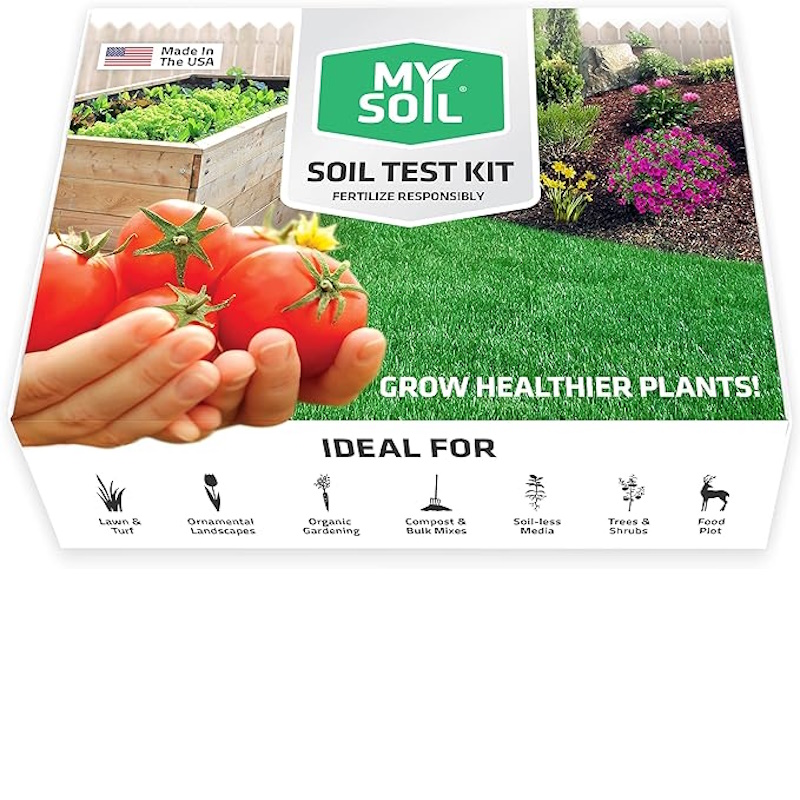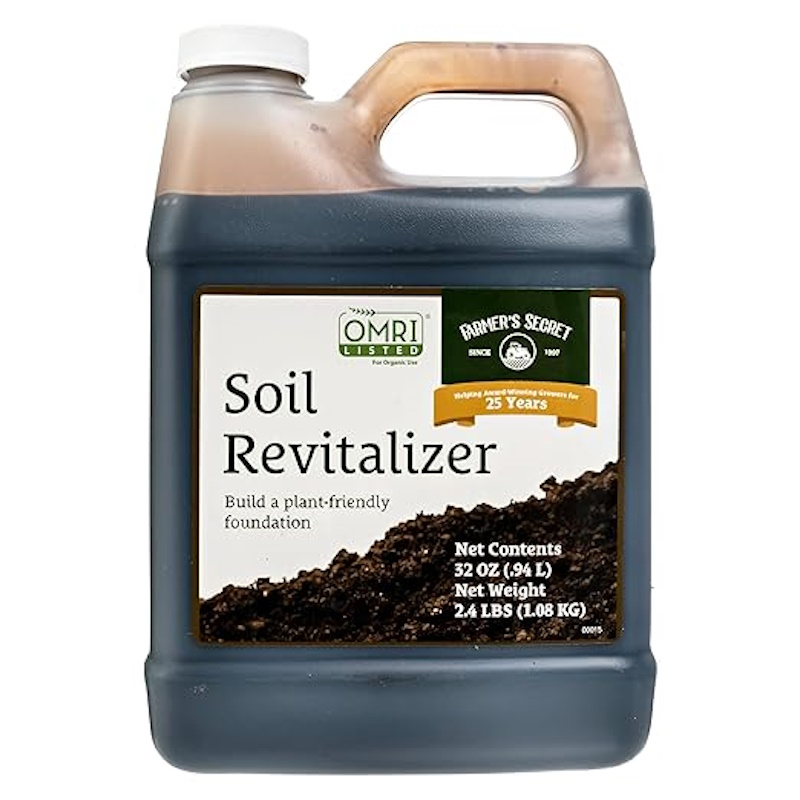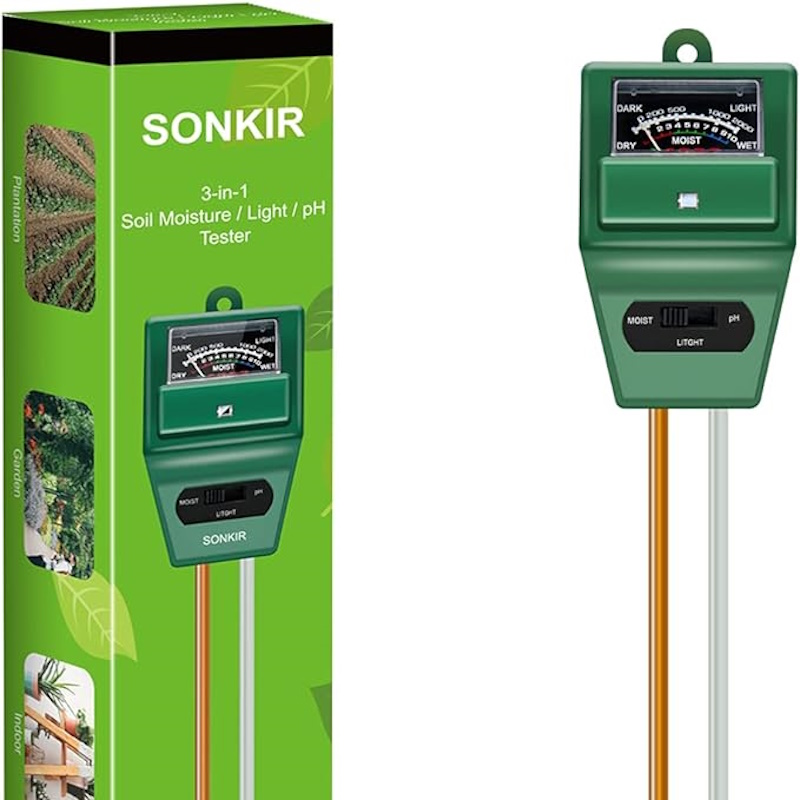Are pennies good for soil? Here's what experts have to say about this latest plant hack
It's no secret that copper is good for plant growth, but is putting pennies in soil really an effective solution? Experts reveal all you need to know

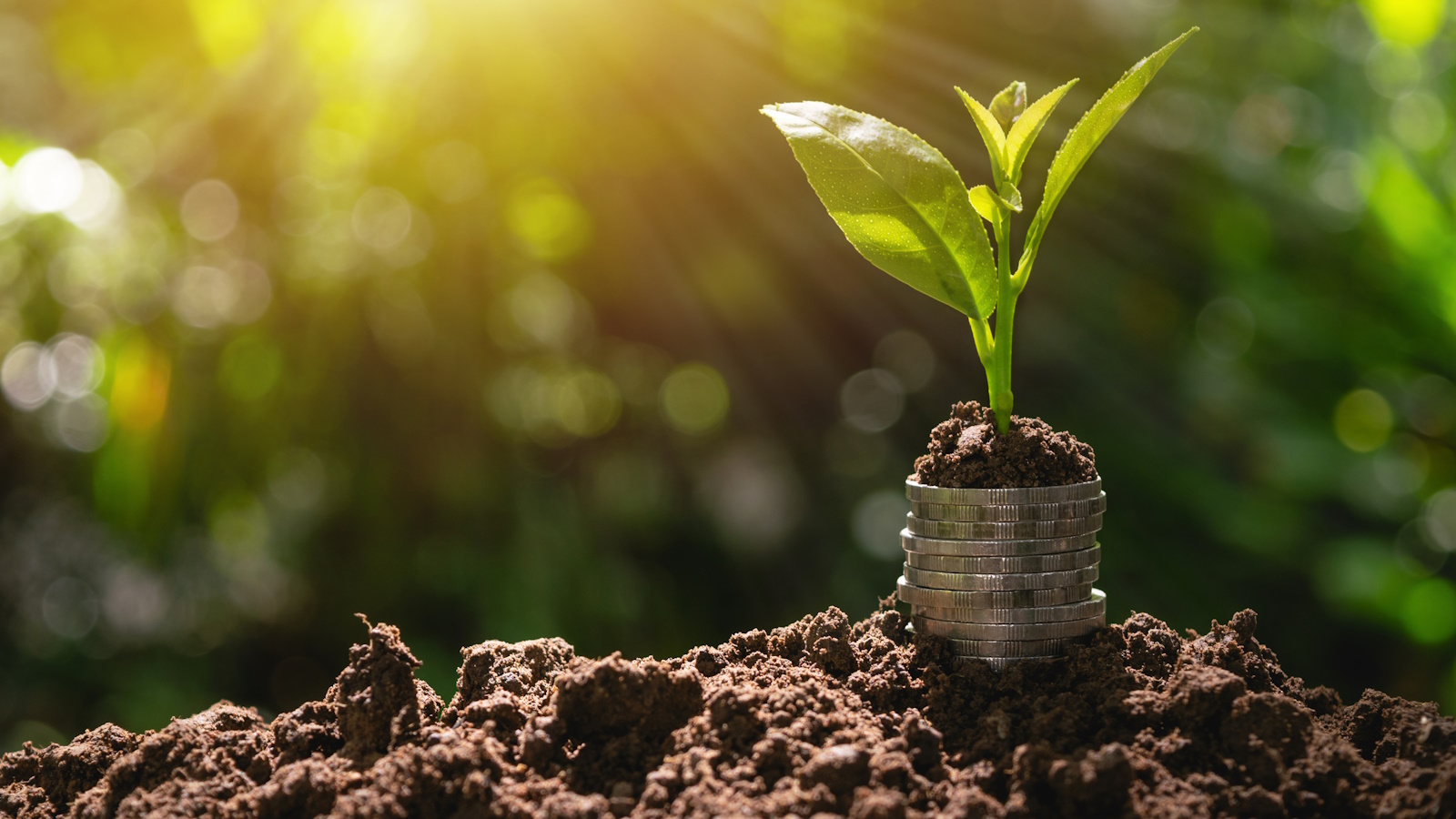
Design expertise in your inbox – from inspiring decorating ideas and beautiful celebrity homes to practical gardening advice and shopping round-ups.
You are now subscribed
Your newsletter sign-up was successful
Want to add more newsletters?

Twice a week
Homes&Gardens
The ultimate interior design resource from the world's leading experts - discover inspiring decorating ideas, color scheming know-how, garden inspiration and shopping expertise.

Once a week
In The Loop from Next In Design
Members of the Next in Design Circle will receive In the Loop, our weekly email filled with trade news, names to know and spotlight moments. Together we’re building a brighter design future.

Twice a week
Cucina
Whether you’re passionate about hosting exquisite dinners, experimenting with culinary trends, or perfecting your kitchen's design with timeless elegance and innovative functionality, this newsletter is here to inspire
Plant hacks come and go, some tried and tested, others not so much. The latest on the scene is placing pennies in soil to boost nutrients. But how effective is it really?
Soil health is incredibly important for providing plants with nutrients that help them thrive and grow happily. That's why you'll observe plant fertilizers numbers showing how much nitrogen, phosphorus and potassium is in plant food to add to your soil.
Copper is certainly among beneficial nutrients for soil and plants, but does putting pennies in soil really work? We've asked experts about this latest trend and they revealed all about whether pennies are good for soil.
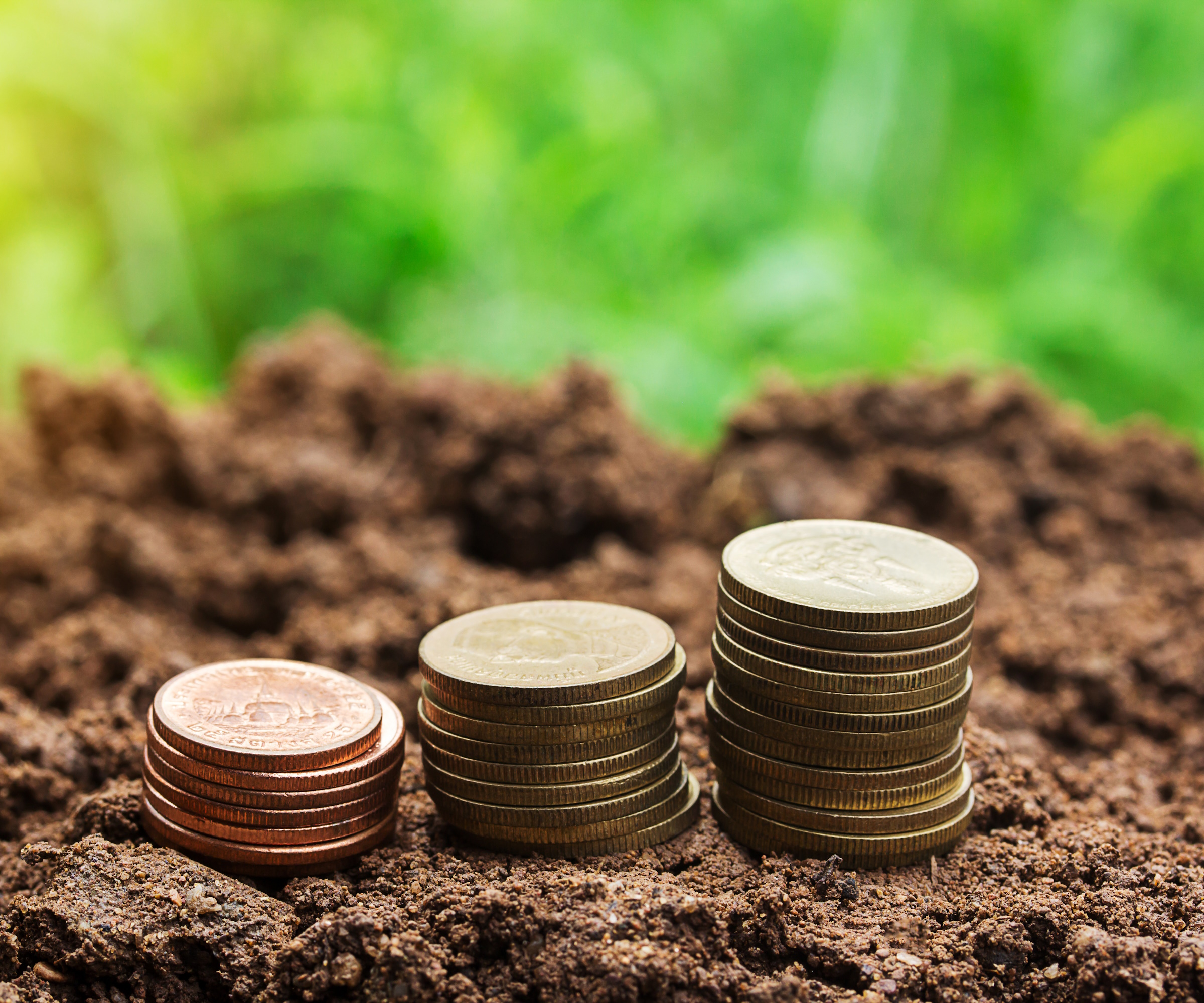
Are pennies good for soil?
In short, the answer is no. Although experts recognize the benefits of copper for plant growth, placing pennies in soil is not an effective way to provide plants with nutrients or prevent fungus diseases.
While experts help to debunk this myth, they also share where pennies in the soil can, in fact, be beneficial.
Insufficient levels of copper in pennies
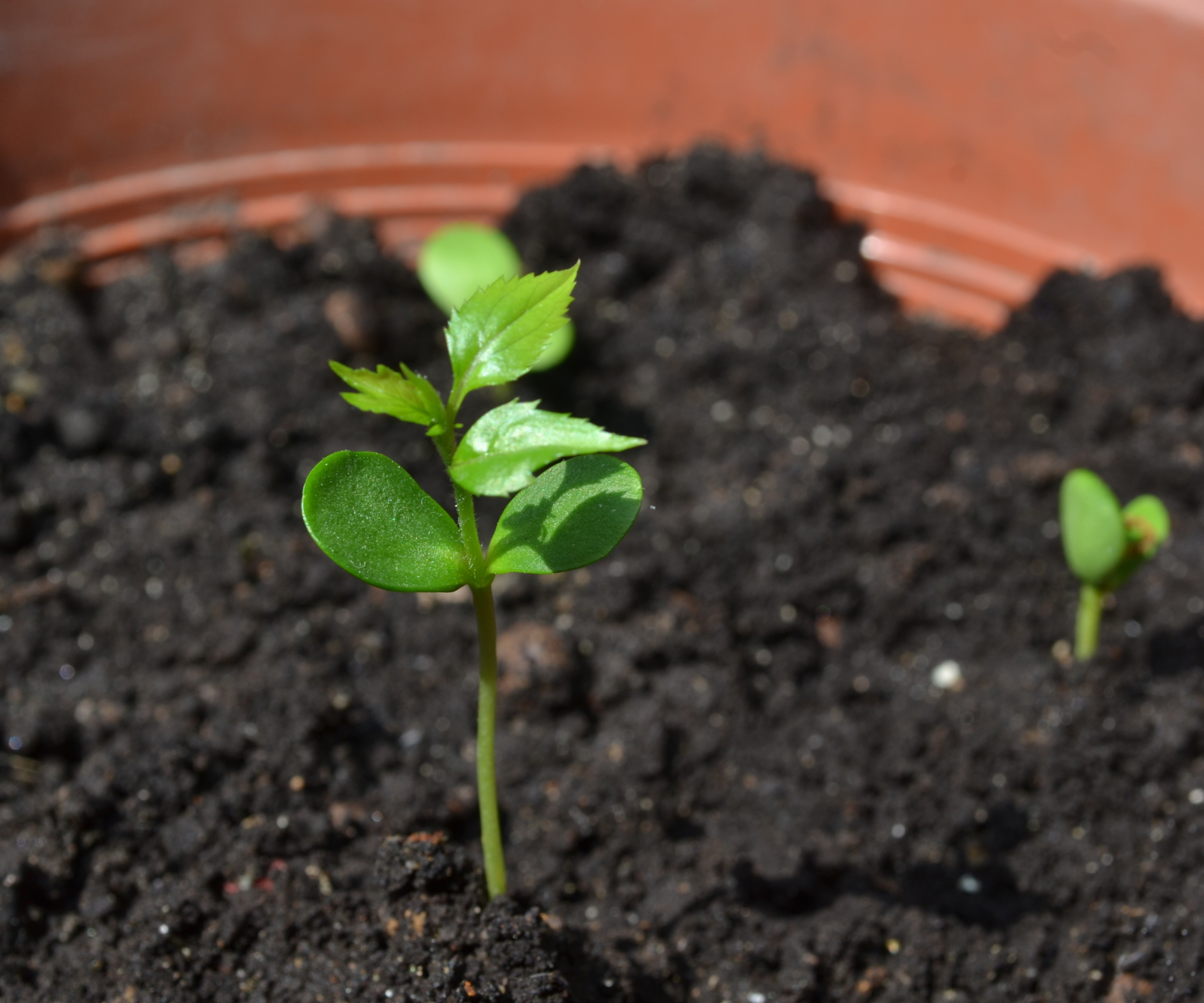
Copper is known to support plants in a number of ways and it is certainly needed to boost soil nutrients. It helps with different plant processes, including producing chlorophyll which is required for photosynthesis and provides foliage with its green color. A copper deficiency in soil can make plants more immune to diseases, cause discoloring and effect growth.
However, experts say that the copper found in pennies is not sufficient enough to make a difference to soil health.
Design expertise in your inbox – from inspiring decorating ideas and beautiful celebrity homes to practical gardening advice and shopping round-ups.
'While there are claims that pennies can slowly release copper into the soil and act as a natural fertilizer, I have not found any evidence to support this notion,' says Autumn Janus, plant expert from Perfect Plants.
'Modern pennies are made of copper-plated zinc, and the copper content in a single penny is fairly small,' she adds.
As a result, experts say it would take a very long time for pennies to make any difference in the amount of copper in soil. 'You would have to leave pennies in soil probably indefinitely, since there is such little copper in them,' says Julie Bawden-Davis, indoor plant expert at Healthy Houseplants.
Although, if you're looking for slug control methods, pennies might just be the trick.
'Copper serves as an effective deterrent for slugs, they feel a small shock when their skin contacts copper,' says Autumn. 'If you have older pennies with a higher copper content, you can partially bury them around the edges of your garden to create a barrier that may prevent slugs from entering,' she suggests.
Take care to not solely rely on this method, however, as planting slug repellent plants tends to be be much more effective.

Autumn is a horticulture specialist and marketing professional at Perfect Plants Nursery. With four years of experience in the horticulture industry, she has developed a passion for helping people create beautiful indoor and outdoor spaces to enjoy. Her expertise in horticulture encompasses a broad range of activities, including plant care and selection, landscape design, and maintenance.

Julie Bawden-Davis is a garden author and University of California Certified Master Gardener, who has written several gardening books, including Indoor Gardening The Organic Way. In addition to running HealthyHouseplants.com, she shares indoor gardening advice on her YouTube channel @HealthyHouseplants.
Improve the soil health in your yard
FAQs
How can I add copper to soil?
Copper is an essential micronutrient in soil that aids overall plant growth and health. A lack of copper in soil can lead to plants being more susceptible to diseases, a lack of chlorophyll production and a lack of growth. You can add copper to soil in a number of ways. This includes adding organic matter that is rich in copper to your soil and using copper-based fertilizers.
Adding pennies to soil might just be another one of those plant hacks that doesn't work too well in practice. While it's true that copper is an excellent resource for plants, it's unlikely that placing pennies in soil will make a substantial difference to overall soil health.
If you're looking for more DIY solutions to improve the quality of your soil, read what experts have to say about if coffee grounds are good for plants and discover some unusual compost ingredients that you might have lying around.

Tenielle is a Gardens Content Editor at Homes & Gardens. She holds a qualification in MA Magazine Journalism and has over six years of journalistic experience. Before coming to Homes & Gardens, Tenielle was in the editorial department at the Royal Horticultural Society and worked on The Garden magazine. As our in-house houseplant expert, Tenielle writes on a range of solutions to houseplant problems, as well as other 'how to' guides, inspiring garden projects, and the latest gardening news. When she isn't writing, Tenielle can be found propagating her ever-growing collection of indoor plants, helping others overcome common houseplant pests and diseases, volunteering at a local gardening club, and attending gardening workshops, like a composting masterclass.
